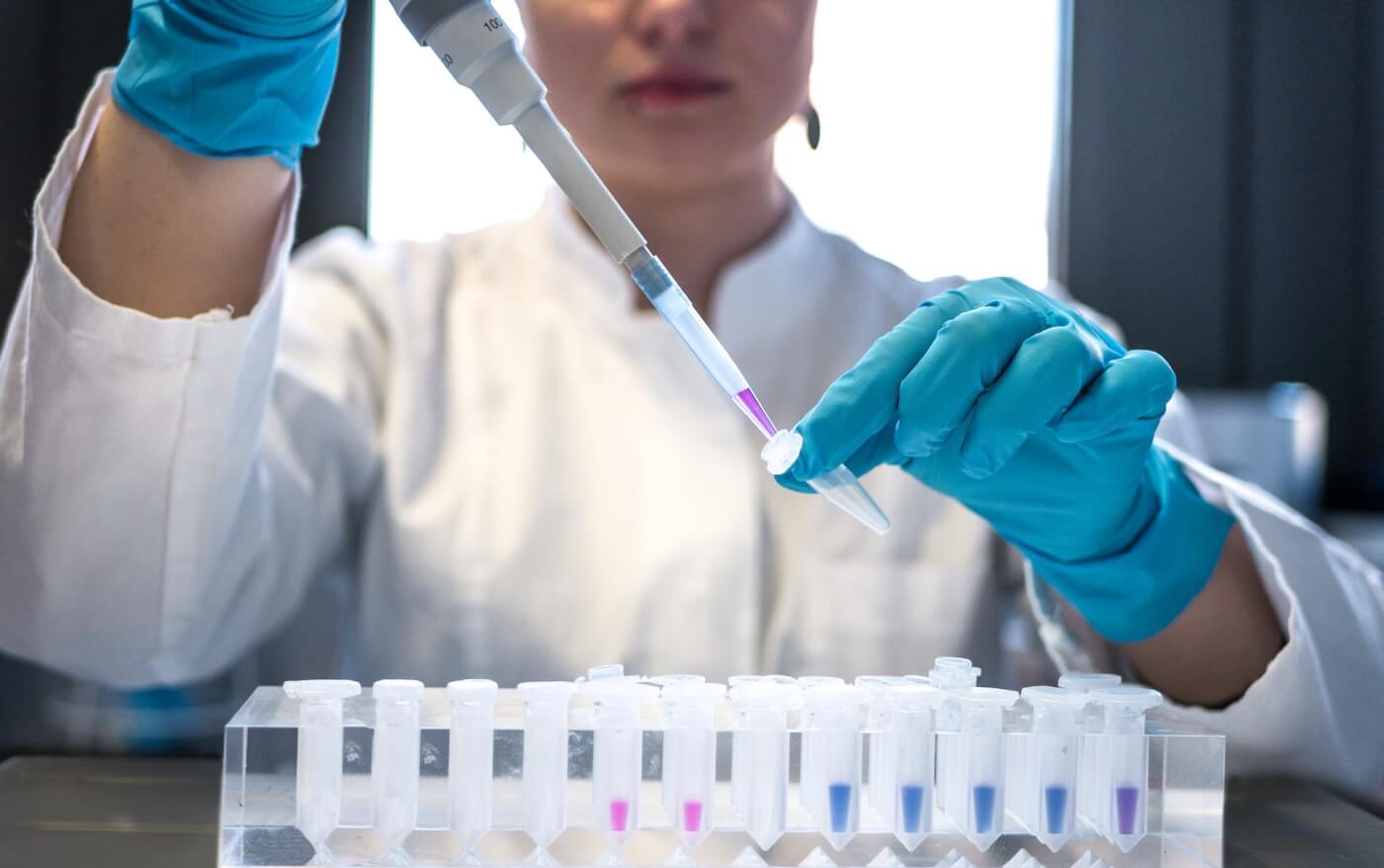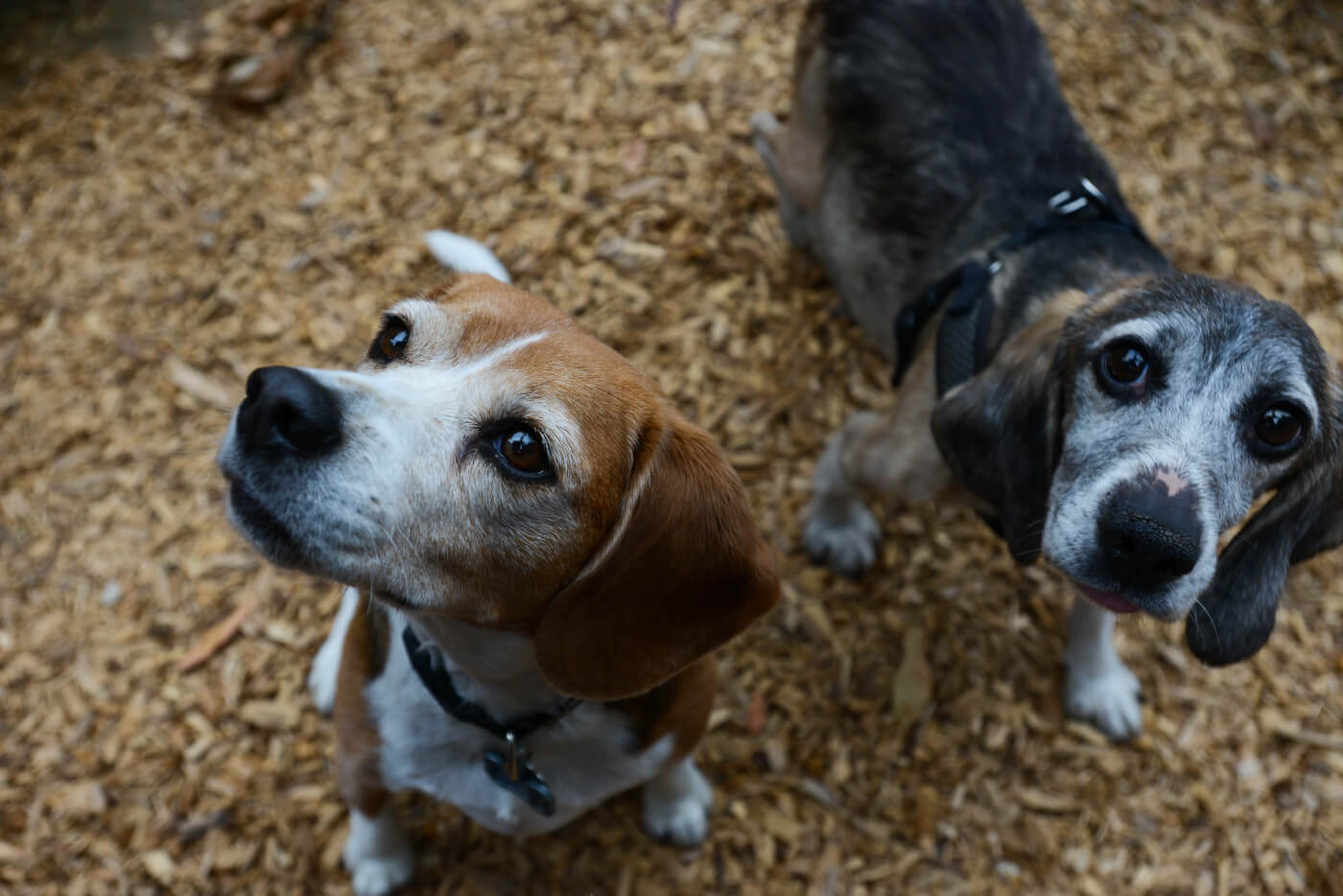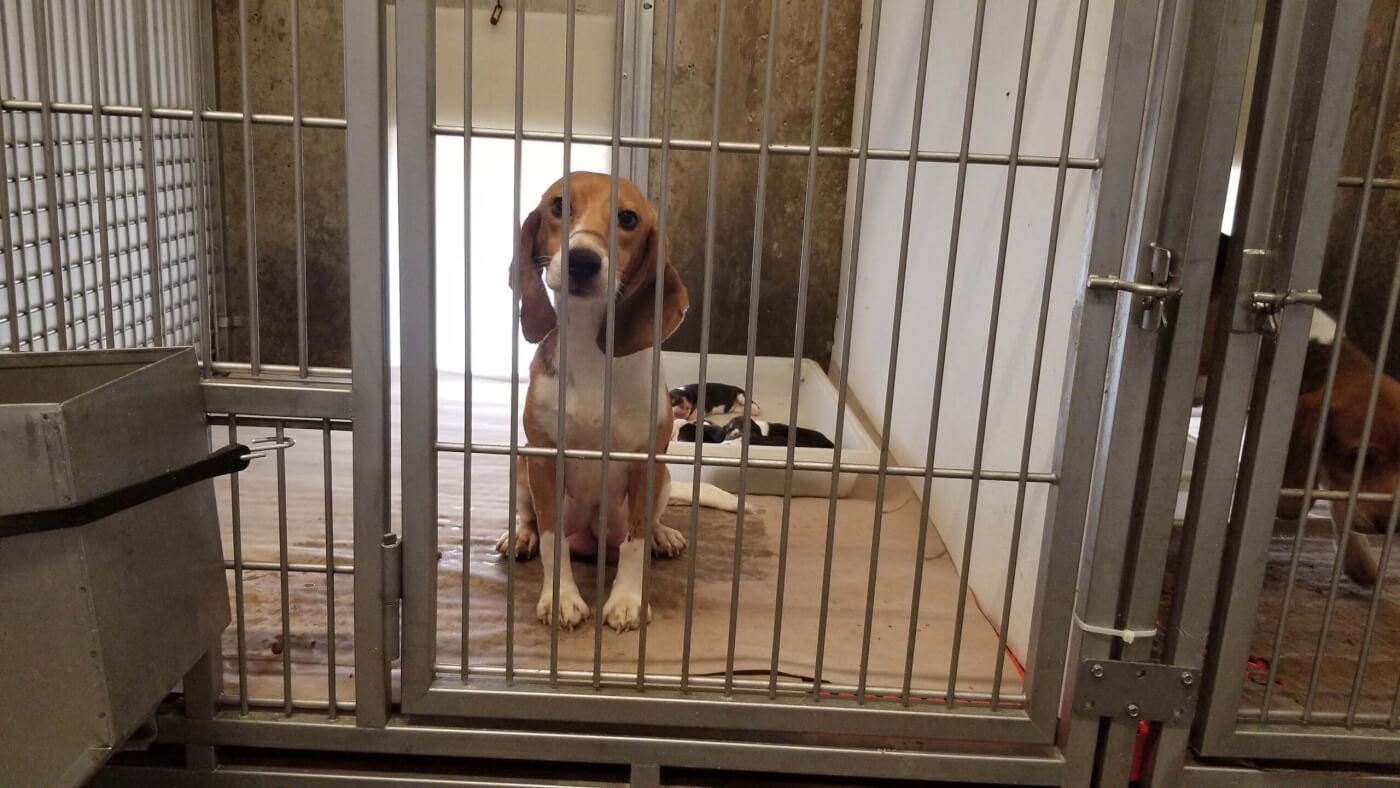
Dutch Parliament Passes 8 Motions Against Animal Testing – What’s Next?
The Dutch Parliament have declared their support for ending animal testing in the Netherlands!
It took meetings, a survey of the public, petitions signed by supporters of PETA entities, an open letter signed by 25 Dutch scientists, and proposed motions, but PETA entities have successfully persuaded the Dutch Parliament to accept a series of motions to reduce laboratory testing on animals.

Animals used in experiments can be isolated in cages, traumatised, and subjected to horrific pain. Instead of treating them like intelligent, sensitive beings with emotions and a will to live, experimenters poison, maim, blind, drug, burn, and kill animals for tests whose results are often useless when applied to humans.
The Dutch Parliament accepted eight motions that will push the country to take steps in reducing the number of animal experiments. The motions urge the government to do the following:
- Create an action plan to accelerate the transition to animal-free innovation to contribute to better research, better medicines, and a significant reduction in the number of animals used in experiments
- Stimulate the further development of artificial intelligence to help discover non-animal methods quickly and efficiently and thus ensure compliance with the law and reduce the number of animal experiments
- Set a timetable for ending the use of animals for safety testing and inform the House about this as soon as possible
- Develop an action plan to achieve a rapid reduction in the number of animals who are killed without having been used for breeding or experiments
- Prioritise Dutch funding initiatives for animal-free innovation that contribute to an immediate decrease in animal testing
- Map out which areas of animal testing have little to no predictive value and investigate how to phase out these tests
- Incorporate the so-called OMA model -in which the research question and most successful method, not the animal test is central- in the Transition Programme for Innovation without the use of animals
- Resolve the bottlenecks, where possible, on the route from the laboratory to practice, and report on this annually to the House
But it’s not a total victory just yet: the Dutch government hasn’t honoured its previous commitment to phase out animal testing.
Broken Promises
In 2016, the Dutch government pledged to set an example by developing a plan to phase out animal experiments – but it has failed to meet that objective. Since 2016, the number of procedures on animals has remained stagnant.
Innovative methods – like computer modelling, high-tech human-patient simulators, research using human volunteers, and in vitro testing – generate reliable results that can actually benefit humans, without causing immeasurable animal suffering.
Take stroke research, for example. In 2020, about 8,800 people died from strokes in the Netherlands. Yet experiments on animals aimed at helping stroke sufferers have a 100% failure rate. More effective treatments are desperately needed, but precious time and resources are wasted on cruel, unreliable animal tests while patients are left waiting.

It’s Time for the Research Modernisation Deal!
The decision of the Dutch Parliament to transition to animal-free science reflects the changing times. We need to move away from archaic tests on animals in the Netherlands and across the globe.
PETA entities’ Research Modernisation Deal maps out a strategy for replacing the use of animals in experiments with human-relevant methods.
This will help advance science, bring desperately needed treatments, cures, and vaccines for humans, and end the almost unimaginable suffering of millions of mice, rats, dogs, primates, rabbits, fish, and other animals.
Use Your Voice to Help Animals
Join thousands of PETA supporters and urge the Australian government to end experiments on animals:
Animals Are Suffering in Laboratories – Help Save Them Now


